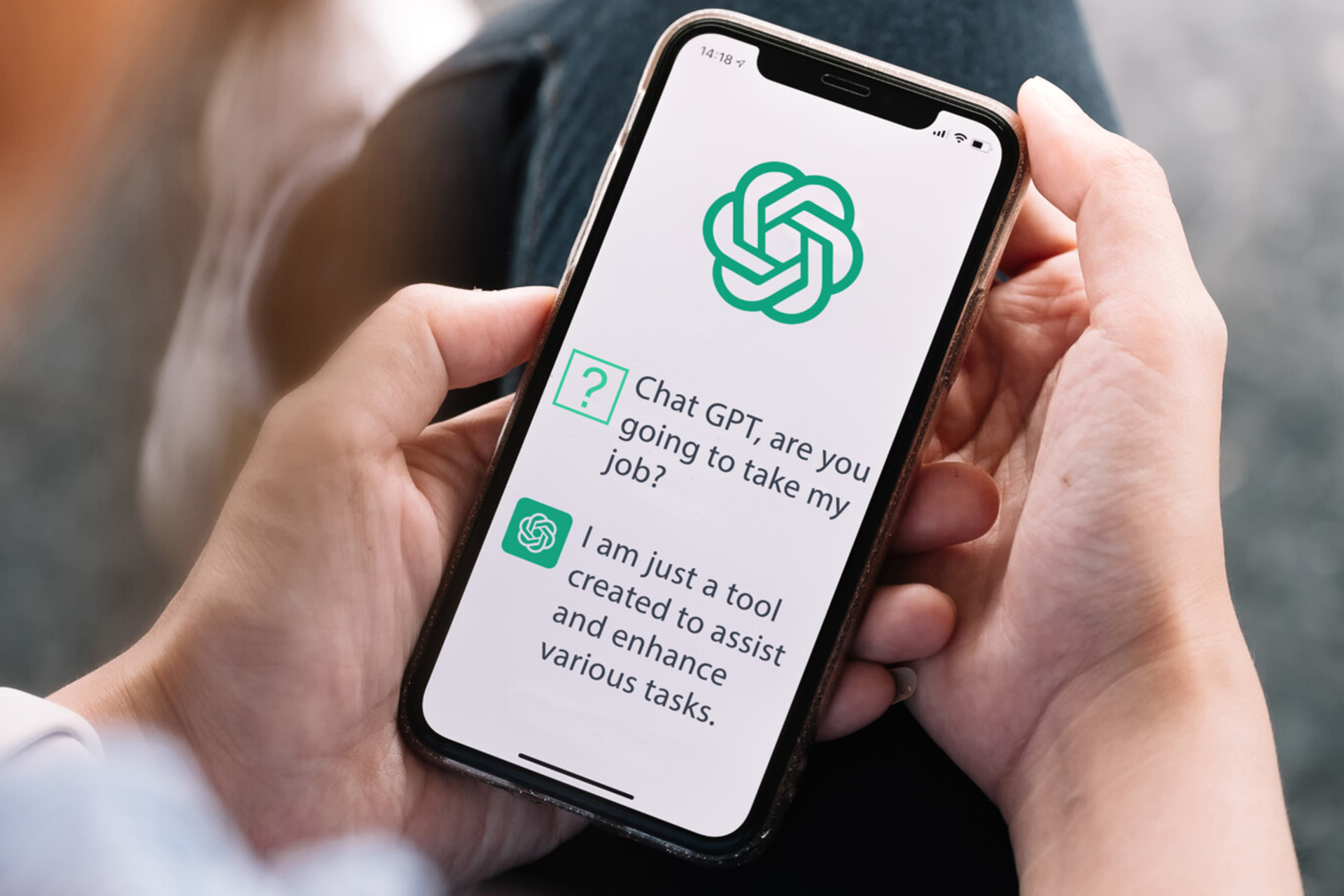
How will AI impact the job market?
story by Allison Sylte
published Aug. 31, 2023
Are robots coming for us?
According to one study, roughly half of our jobs could be done by existing automation technologies. Meanwhile, the STEM fields that were considered some of the safest careers in the not so distant past are now thought to be some of the most vulnerable to being replaced by artificial intelligence.
“This is critical, because previous waves of automation have always affected mostly low-skilled jobs that require routine tasks,” said Boris Nikolaev, an assistant professor in the Colorado State University College of Business. “The new wave of AI technologies, however, will have the biggest effect on white-collar jobs that require significant personal investment in education, like finance, marketing, writing and legal services.”
Nikolaev has started to teach the next generation of business leaders how to embrace potentially disruptive technology through a new class called “Artificial Intelligence and Strategic Value Creation,” which offers students the opportunity to learn the mechanisms behind AI, how it can help with certain tasks and the potential ethical pitfalls that might exist along the way.
“To quote an IBM study: ‘AI won’t replace people, but people who use AI will replace people who don’t,’” Nikolaev said.
How concerned should we be about losing our jobs to AI?
Worries about jobs lost to new advancements are hardly new.
Two centuries ago, 90% of the U.S. population worked in agriculture, but as technology has improved, less manpower has been required for the same output, placing that number at closer to 2% in the modern day. Meanwhile, workers have simply shifted careers into fields that require a human skillset, be it manufacturing when there was less demand in the agricultural sector to delivery driving and programming when e-commerce changed the face of traditional retail.
“Historically, new technologies have created winners and losers among workers and sectors, depending on their ability to adjust to changing skill set requirements and occupational structures.” ”
— Boris Nikolaev, assistant professor, College of Business
Teaching the next generation how to work with AI
That’s why it’s all the more important for workers to embrace – rather than resist – an increasingly automated world. Gaurav Jetley, an assistant professor of computer information systems in the CSU College of Business, teaches two courses catering to all backgrounds of students that explain how AI and machine learning models work, where to apply them and how they can be used to create actionable business insights.
Jetley says he encourages all of his students to at least learn rudimentary coding skills as well as how to become comfortable with adapting to new software.
“Lifelong learning and adaptability have always been keys to success, since what is the norm today may be a relic of the past as soon as the next month,” he said.
While AI might be more efficient for certain tasks, Jetley said the next generation of workers should focus on developing their critical thinking and ability to adapt to changing situations, and plan on pursuing continued education as new skill sets become more in demand.
To put it more succinctly, some skills won’t fall by the wayside. “In a way, there’s nothing to worry about,” Nikolaev said. “Just be yourself: a human.”
AI Research
Artificial intelligence isn’t science fiction anymore. This special report from SOURCE explores the importance of artificial intelligence research and what you really need to know about the potential and impact of this empowering, disruptive and complicated technology. read more